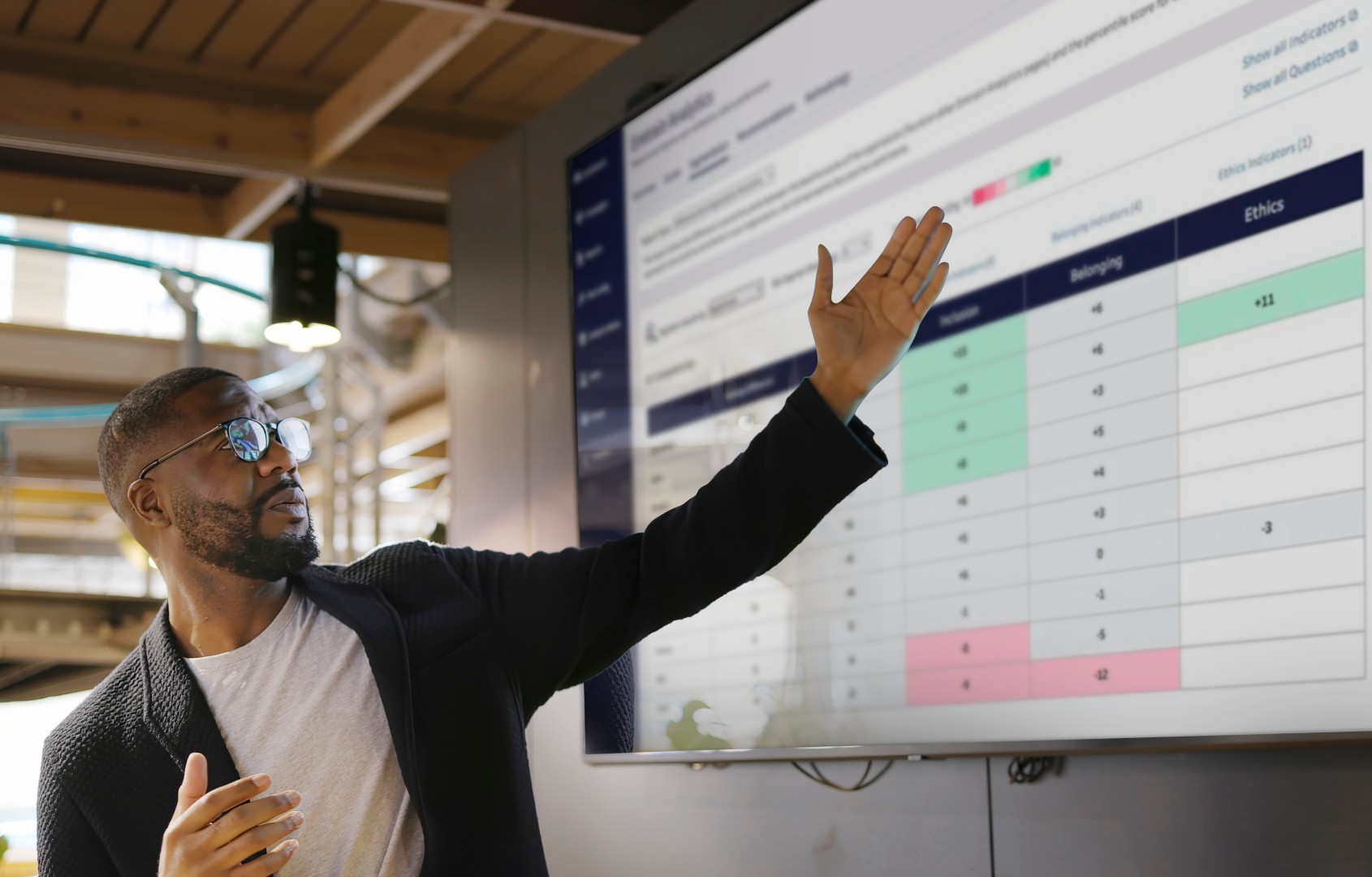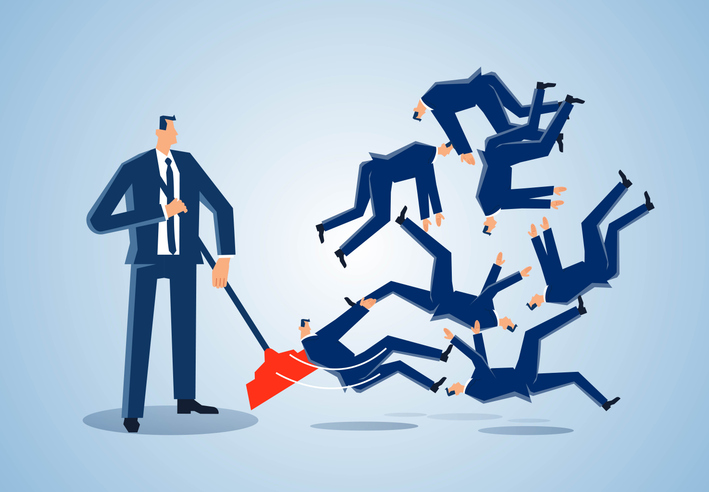The business has always tried to make the world better in one way or another. In recent years, there has been a focus by many companies to not just try, but to take the leading role in improving society. Whether it be driving towards a net zero future, the movement of Corporate Social Responsibility, to the growth of Social Impact. Companies are leading the way, and I am here for it! I like to call this the Corporate Social Opportunity movement.
While the government has traditionally set standards and made progress through laws – in the last five years – companies (large and small) have used their power (economic and brand) to influence our society more quickly and effectively than regulations. In a lot of ways, these efforts have mainly been focused on internal measures within individual businesses: things like diversity initiatives or switching to more sustainable modes of production.
But we can go so much further than this.
The Power of the Corporate Ecosystem
For several years, through my work in CSR, I influenced companies to take the bold step toward connecting CSR/ESG work to DEI efforts. The theory was rooted in the idea that Businesses can accelerate their effects on societal change by leveraging the power of their “reach.” We are now seeing these theories play out in tools and technology being built that enable these connections. Remember Impact 2023 and the SDGs (Sustainable Development Goals)? The possibilities of how a company could impact the world were changed forever as companies rushed to align and measure their internal and external efforts against these goals.
Start With Who You Know
All is not lost with these possibilities. Any company can start by empowering its ecosystem of suppliers and partners to meet certain social standards. Most companies, even your suppliers are looking for ways to drive towards measurable standards for diversity, equity, and inclusion work. Every company lives in a network of other businesses which they regularly transact with. Whether it’s buying, selling, consulting, or collaborating with other businesses, every organization has its partners. By holding partners to certain standards of social justice, a single business can enact wide-ranging change in the whole network.
We’ve already seen a version of this trend with the rise of ESG reporting. Some businesses are going beyond reporting, and are taking action. Prominent tech giant Cisco has pledged and shared public blueprints on how to respond to injustice and address inequity in any community. Cisco recently announced an exclusive DEI partnership with Emtrain for a global initiative that will provide anti-discrimination and inclusive culture training and analytics to the company’s partners and suppliers. The partnership builds on Cisco’s commitment to roll out anti-discrimination and inclusive culture training throughout its own workforce and make it available to the Cisco ecosystem.
Like pressure from investors and customers, pressure from business partners adds a motive for a change in behavior on the part of companies. When a company engages in discriminatory or unjust practices and its partners cut ties with the business, it sends a strong message. In the case of Cisco, they are not waiting for injustice, they are taking a proactive approach to affect change across their corporate ecosystem.
Setting Standards
Companies should let the partners and suppliers in their network know what they expect in terms of DEI and social awareness. When every organization in a network pledges to hold themselves and each other accountable to standards of workplace conduct and DEI, leaders can enact real change in record time (for more information on how to structure a workplace training program, click here). For those looking to bring genuine change to their network, Emtrain is here to help. Along with offering tailored DEI and anti-racism training, the Emtrain Solution allows you to share your workplace culture analysis with partners and providers. With the Emtrain solution, companies can compare their workplace culture scores, seeing how they stack up and where they can improve.
Contact us to roll out DEI training throughout your own workforce and make workplace learning available beyond your entire ecosystem.








